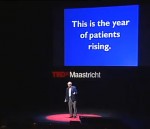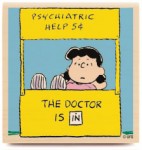Here’s a partial list of why some thoughtful, articulate patients might be reluctant to mention symptoms to their doctors:
1. Respect for the doctor – when the patient feels what he’s experiencing isn’t worth taking up a physician’s time, what I’d call the “time-worthy” problem;
2. Guilt – when the patient feels she shouldn’t complain about anything relatively minor, because she’s lucky to be alive;
3. Worry – when patient’s anxious or afraid the symptoms are a sign of the condition worsening, and so
Posted in Communication, Empowered Patient, Ideas, Life as a Patient, Medical Ethics, Patient-Doctor RelationshipTagged chronic illness, doctors appointments, fatigue, patients complaints, patients lives, reporting symptoms







